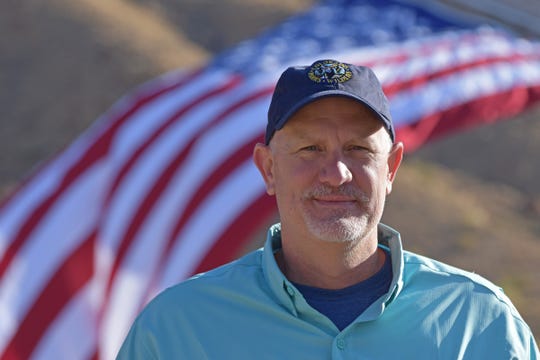Dear Friends of the Heritage Fund
I’m excited to let you know that a bipartisan group of Arizona state senators has introduced Senate Bill 1241 (“SB1241”) to restore the Arizona State Parks Heritage Fund (“Fund”). Senators Brophy McGee, Boyer, Carter, Kerr, Navarrete, Otondo and Pratt have introduced SB 1241 – state parks board: heritage fund– for restoring the Arizona State Parks Heritage Fund.
The bill has been assigned to the Natural Resources and Energy Committeeand is on the agenda to be heard this Wednesday, February 6 at 2:00 p.m. in SR109. Here is a one page summary of SB1241 for your reference.
We request that you please submit your position through the Legislature’s “Request to Speak (RTS)” system. If you don’t have an account for the Legislature’s Request To Speak System, please link here for detailed instructions. In the meantime, please call or email the following legislators and let them know you want them to SUPPORT SB 1241.
| State Senator | Phone | |
| Sylvia Allen | 602-926-5409 | sallen@azleg.gov |
| Andrea Dalessandro | 602-926-5342 | adalessandro@azleg.gov |
| David Gowan | 602-926-5154 | dgowan@azleg.gov |
| Sine Kerr, Vice Chair | 602-926-5955 | skerr@azleg.gov |
| Juan Mendez | 602-926-4124 | jmendez@azleg.gov |
| Jamescita Peshlakai | 602-926-5160 | jpeshlakai@azleg.gov |
| Frank Pratt, Chair | 602-926-5761 | fpratt@azleg.gov |
From the time Arizona voters approved the creation of the Fund to the Great Recession when it was defunded and removed from statute, the Fund served our state well with its dedication to parks, outdoor recreation, open space, non-motorized trails, outdoor and environmental education, and historic preservation. It is our hope that this Legislature restores the Fund after satisfying all other current encumbrances, and to bring the Fund back to effect in a responsible and deliberate manner.
Why the Fund is important. Arizona’s local, regional, and state parks and recreation facilities are economic development generators that encourage the spending of tourist dollars, attract businesses whose workforce choose jobs in locations with quality of life benefits, strengthen community cohesion, and increase property values. Historic preservation initiatives in our rural communities and urban areas promote economic development by creating jobs, revitalizing historic areas, increasing property values, and promoting heritage tourism.
Thank you for all the work you do to improve our state’s quality of life and to support the reinstatement of the Arizona State Parks Heritage Fund. If you have any questions or comments, please feel free to contact us at mail@azheritage.org or call 602-528-7500.
Janice Miano
President, Board of Directors
The Arizona Heritage Alliance
azheritage.org




You must be logged in to post a comment.